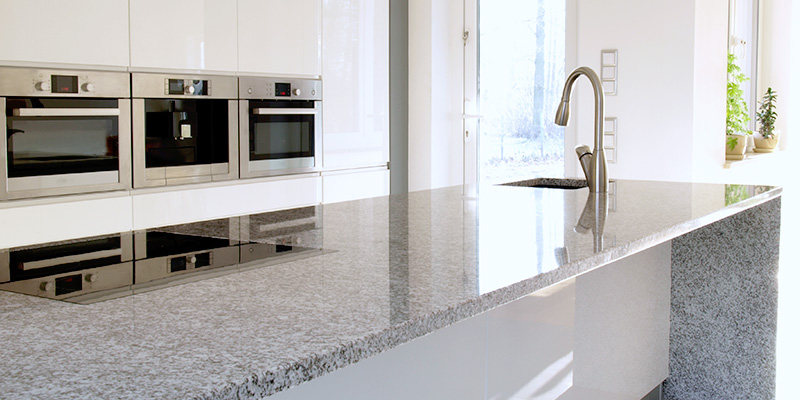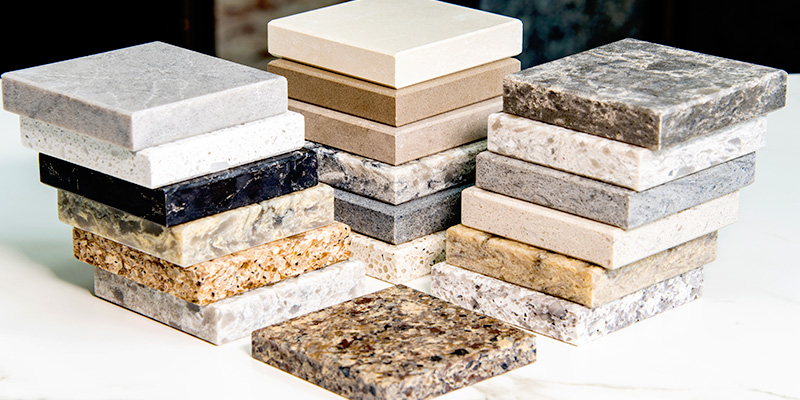Fissures aren’t cracks.
Fissures are often mistaken for cracks and are simply natural material created entirely independently of human intervention. When there is a visible “void,” yet there is no compromise of the stone’s integrity, this means the crystalline compounds (quartz) within have separated during formation.
They are still crystalline, and the fissure’s hardness is equal to that of the granite. As a result, apertures may be visible only near the surface, with the base color of the slab shining through. They may also appear like empty cracks, meaning the fissure is through the entire cut piece of the slab—top to bottom.
Again, some buyers love the unpredictability of fissures and swirls and dots of shiny iron bits. Others will cry, “That’s a crack! Replace my countertop!” Any anxiety about the potential variations in your kitchen should be relieved by a visit to view your slab.
The benefits of granite
Some slabs come pre-sealed, while others must be sealed annually. Spaghetti sauce, oils, red wine, and other such liquids can indeed stain even the most stringently sealed granite, especially if the granite is lighter in color. A professional countertop contractor can help you remove tough stains or answer any questions you may have about the maintenance of your new addition.
Pits and chips can be filled, and modifications can be made if you switch out appliances or cabinets (in most cases). The critical thing to remember when purchasing granite is that Mother Nature made it, and sometimes you never know what you’re getting.
Home improvements should be as stress-free as possible. Be sure to have realistic expectations, and your granite countertops will bring you joy for years to come.









Leave a Reply